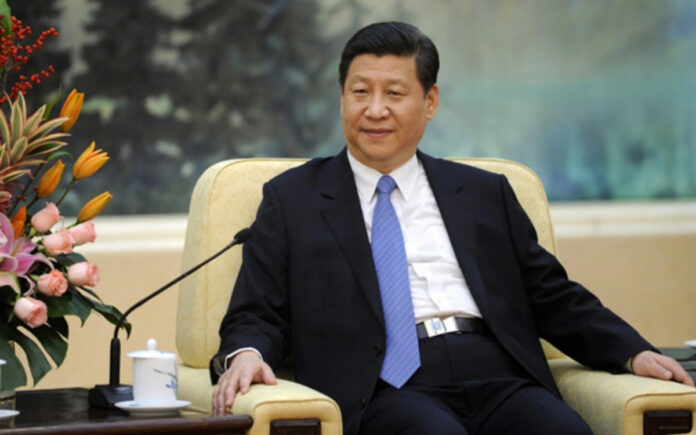Beijing: China is expanding its network of 200 detention facilities, known as liuzhi centres, as President Xi Jinping intensifies his decade-long anti-corruption campaign, CNN reported. The move is part of broader efforts to root out graft, which has already ensnared tens of thousands of officials nationwide.
In 2023 alone, over 26,000 officials were investigated or punished for corruption-related offenses, according to state media. A report by Safeguard Defenders, a human rights NGO, highlights that these detention centres are used to interrogate and detain individuals accused of corruption and other misconduct.
“Most of them would succumb to the pressure and agony. Those who resisted until the end were a tiny minority,” a lawyer who defended a government official in a corruption case told CNN.
What Are Liuzhi Detention Centres?
Liuzhi centres, operated by the National Supervision Commission (NSC), play a critical role in Xi’s anti-corruption arsenal. Established in 2018, the NSC is a powerful agency that oversees anti-graft investigations.
Unlike traditional detention facilities, liuzhi centres operate outside the judicial system, granting the NSC the authority to detain suspects for extended periods without formal charges or legal representation. Safeguard Defenders has reported that detainees often face physical and psychological pressure to confess, describing the centres as operating in a “legal grey zone” that bypasses standard procedures protecting basic human rights.
Despite international criticism, Chinese authorities argue that the liuzhi centres are indispensable for combating corruption, which they view as a threat to the Communist Party’s legitimacy.
Xi’s Anti-Corruption Drive
Xi Jinping’s anti-corruption campaign began in 2012 when he assumed leadership of the Communist Party. Over the years, it has targeted a wide spectrum of officials, from low-ranking bureaucrats to influential figures. While the campaign has been lauded for addressing systemic corruption, it has also drawn accusations of being a political tool for consolidating Xi’s power.
Critics argue that the campaign disproportionately targets Xi’s political rivals while sparing his allies. Safeguard Defenders and other rights groups have called for increased transparency and accountability in these investigations.
Also Read | Russian Reports Claim F-16 Shot Down Amid Ongoing Airstrikes
The crackdown has also sent ripples through the foreign business community in China. Several foreign executives have been implicated in corruption probes, raising concerns about the country’s business climate.
Although the Chinese government defends the crackdown as necessary to restore trust and integrity, its methods have sparked widespread condemnation, both domestically and internationally.



